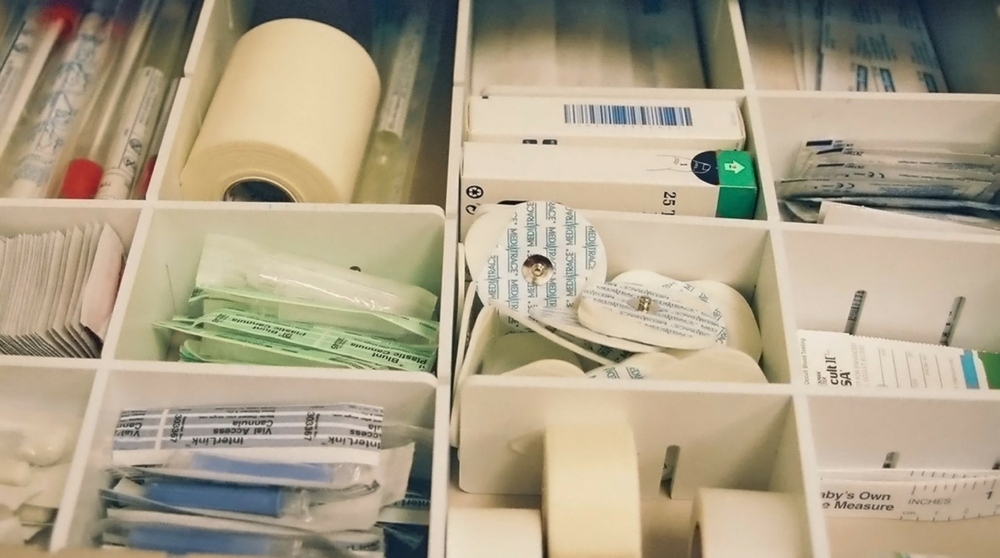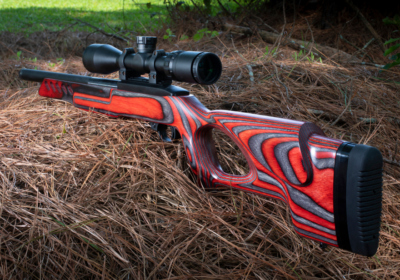Physicians do more than give medical advice. They’re business people as well. To effectively run a solo practice, they must keep a ready supply of the right medical equipment.
If you have your own office, you need more than one medical tool. Let’s talk about your office supply list.
A practice stocked with supplies helps prevent office incidents and promotes quality care. Physicians should always be able to provide proper care to the patients. That means having the right tools on hand and available for treatment.
A good stockpile of supplies also improves overall office flow at the practice. When your staff has immediate access to what they need, they save lives, and productivity increases.
If you’re a doctor, your office has to handle a wide variety of issues. Keep reading to learn about the things you need in your medical tool supply room.
1. Start with Front-Office Supplies
You can’t entertain patients or potential clients with an empty office. Prepare the front office first.
Set up the reception area with modern tools—ergo furniture, desk, computers, and phones. You’ll also need file cabinets unless you prefer cloud automation. All patient files automatically upload into cloud storage to protect vital data.
Keep general supplies like business letterhead, pens, papers, whiteout, and highlighters. As a physician, you can’t have enough prescription pads, lab slips, and business cards.
Don’t forget other basic items like wastebaskets and recycle bins.
2. Exam Room Supplies
You cannot effectively run a practice without a proper supply of exam room supplies. Stock those rooms with surgical supplies, sterile exam table, gowns, sheets, and exam room paper.
Purchase sufficient medical supplies like
- Syringes
- Gauze pads
- Swabs
- Alcohol pads
- Tongue Depressors
- Thermometers
- Cotton Applicators
You’ll also need aseptic gloves, wastebaskets, and containers. Provide chairs for patients and accompanying family members. Make sure the literature rack has ample medical literature handouts.
3. Basic Diagnostic Equipment
No medical office survives without diagnostic equipment. Add these items to the list:
- Blood Pressure Monitors
- Stethoscopes
- Ophthalmoscopes
- Eye Charts
- Tweezers
For emergencies, remember to keep aspirators and ventilators in the office. Oxygen masks and canisters are also vital.
4. Bathroom and General Supplies
Believe it not, poorly kept and unstocked bathrooms turn patients away. Keep the bathrooms clean and filled with necessary supplies.
Keep more than enough facial tissue, toilet paper, and paper towels on hand. Hand soap, sanitizer, and foam soaps are also needed. Patronize the waiting room with televisions, magazines, and toys for kids.
Install a water cooler with disposable cups. Make sure the waiting area is also well-decorated—plants, paintings, furniture, and lamps.
5. Eye-Charts with Clear Letters
Eye charts in a clinic with eye physicians help in the easy diagnosis of patients at an early stage. One can easily get the print-out from any shop. One can also buy electronic ray machines at the clinic which helps to detect eye issues at later stages. There are many issues while buying the machines as many varieties are available and it’s become difficult select the best. So, you can research about the same and check the functioning of various eye-testing machines/equipment’s.
6. Sanitizing Amenities
Although we have mentioned the basic equipment list above, sanitizing list and amenities should be checked twice and kept at the right place. Each patient or their family members visiting the center should sanitize their hands before meeting the doctors or sitting in the waiting area. It is also essential for the staff and doctors to sanitize their hands after every meeting with the patient.
These steps are very necessary to be followed because it helps in preventing the spread of the infections. So, sanitize the patients, doctors, nurses, and the premises regularly and properly.
7. Wheelchairs & Other Necessary
Wheelchairs, stretchers, and other helping equipment’s are kept in clinics to help disabled or injured patients in traveling between various rooms and areas on the premises. One should weekly check this essential equipment, keep them oiling and well-maintained to prevent any accident while using.
One can keep the quantity of these items as per their patient’s flow and the size of premises.
Therefore, these 7 items are very necessary for any physician to keep in their clinics.
From Where to buy these things?
There are many options for each individual to buy these necessary items. One should buy these things from the below given some options:
- Either buy them directly from online e-commerce stores if you have less time and less quantity is required.
- Go for a physical check and buy through suppliers or shops in the market. It will help you to check the item and easily buy quality materials.
- Contact wholesalers if you need these things in bulk. They will come to have a meeting in the office and quote the best prices for the things.
- You can also buy second-hand stainless-steel equipment’s which are in good condition. It is a cost-effective option where one can get good rates for good equipment easily.
So, choose the best option for buying the equipment’s for the clinic as per requirements.
A Medical Tool for Every Need
As a physician, you need a medical tool for every possible issue. Survey your office, take note of what you need, and provide your practice with the best. Then, you’ll always be prepared.
We have more information like this we’d like to share with you. Take a peek into our health guide for more ways to bring your office up to par.







Recent Comments